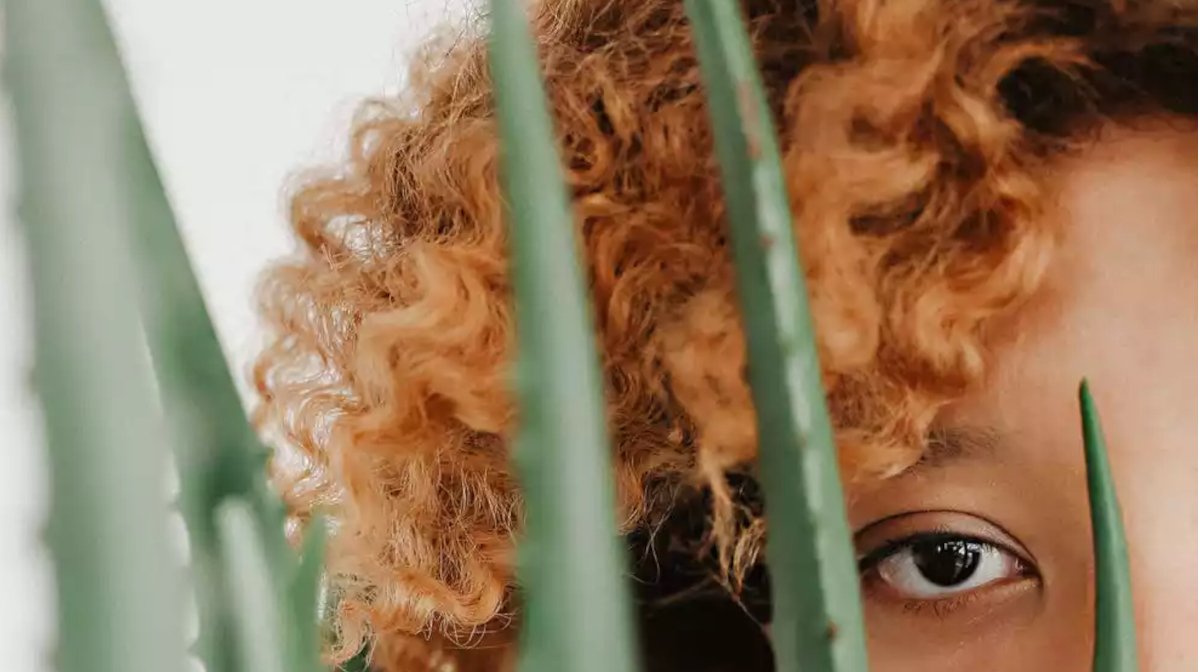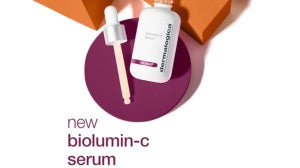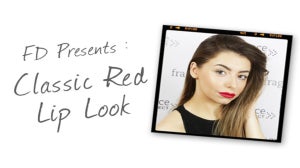
There are several possible causes of dandruff, and while some are easier to manage than others, it’s usually possible to treat yourself at home without any need for a doctor or dermatologist’s intervention.
In this guide, we’ll explore some of the possible causes of dandruff, as well as ways to treat the problem and restore your hair to its beautiful, flake-free self.
What is dandruff?
Dandruff is a skin condition that causes white flakes of dry skin to appear on the scalp and in the hair. The condition is common and isn’t contagious or harmful, though many sufferers want to treat the problem as quickly as possible because they find it unpleasant.
In some cases, if the scalp is particularly itchy, red, or inflamed, medical intervention might be required. This is usually because of a skin condition causing dandruff.
What causes dandruff?
There are several possible causes of dandruff, including:
• Irritated skin
Irritated, oily skin can be the consequence of a skin condition called seborrheic dermatitis. The condition is one of the most common causes of dandruff. The skin might appear red and greasy when affected by seborrheic dermatitis. The condition is one which is usually seen on the scalp but can also be present on the eyebrows and nose and in other oil gland-rich areas, such as the underarms and groin.
• Unclean hair
If you don’t wash your hair regularly with shampoo, oils and dead skin cells can build up causing dandruff.
• Dry skin
If dry skin is causing your dandruff, you’ll probably find the flakes are quite small and not oily. You might also have dry skin on other parts of your body.
• Sensitivity to products
Sensitivity to certain ingredients in hair products, including shampoos and hair dyes, can irritate the scalp and cause dandruff.
• Eczema
Eczema is a common skin condition which causes the skin to become dry, red, flaky, and itchy. If you suffer from eczema, you’re more likely to notice dandruff as a consequence.
• Psoriasis
Like eczema, psoriasis is a skin condition which causes the skin to become dry, red, flaky, and itchy. Psoriasis can cause dandruff.
Visiting your GP with dandruff
If you’re suffering from dandruff, you won’t usually need to see your GP and can, in most cases, treat yourself at home. It can be a good idea to book an appointment if you’ve been trying anti-dandruff shampoos for over a month with no improvement, or if your dandruff is very severe and your scalp is very itchy, red, or swollen.
You should also visit your GP if you have dandruff and you know that your immune system is weakened, for example, if you’re taking medication that suppresses your immune system.
Your GP can examine your scalp and identify the cause of your dandruff – you might have a skin condition that you don’t know about which will require a stronger treatment. Even if the answer is a higher-strength anti-dandruff shampoo, a little expert advice can be reassuring.
Remember, dandruff is common and nothing to be embarrassed about!
How long does dandruff last?
Dandruff can come and go quickly or can last for a long time, depending on the cause and the treatment you’ve chosen.
Dandruff from dry skin which is not inflamed or itchy can usually be treated with an anti-dandruff shampoo, some of which can reduce the appearance of dandruff after just one wash! However, if your dandruff is the result of a skin condition and you’re treating it with a mild shampoo, it might persist.
Getting rid of dandruff
The most effective way to treat dandruff is with a specially formulated anti-dandruff shampoo. These are often mild and can be used to take care of your scalp every time you wash your hair.
Even if you’re just worried that dandruff might become a problem in future, there’s no reason you can’t use an anti-dandruff shampoo when you wash your hair. We’ll cover some of our favourite anti-dandruff products later.
There are several natural ways to treat dandruff at home, including: • Coconut oil • Tea tree oil • Argan oil • Aloe vera
Coconut oil for dandruff
Praise coconut oil – one of our favourite natural oils has yet another use! Is there anything it can’t do?
Before you decide to treat dandruff with coconut oil, consider the cause of the problem. If your dandruff is severe or is caused by a skin condition like eczema or psoriasis, coconut oil might not be the best way to treat it.
If you’re suffering from dry skin dandruff – the kind that produces small flakes – you can use coconut oil to reduce dryness. The best way to use coconut oil for dandruff is to use it as a conditioner.
1. Wash your hair with an anti-dandruff shampoo 2. Apply coconut oil to your scalp and comb it through the rest of your hair 3. Leave on for a few minutes 4. Rinse away thoroughly
Tea tree oil for dandruff
Tea tree oil can help treat dandruff, and many people choose it because it’s a natural alternative to some chemical-based anti-dandruff treatments. To treat your scalp with tea tree oil:
1. Mix a few drops of tea tree oil with a tablespoon of coconut oil 2. Massage the mixture into your scalp 3. Let the mix work for ten minutes 4. Wash out thoroughly with an anti-dandruff shampoo
Alternatively, you can mix a couple of drops with some water and spritz the diluted tea tree over your scalp half an hour before showering.
Argan oil for dandruff
Argan oil is highly moisturising and nourishing. If you’re looking for a natural anti-dandruff-aid, you might want to try using argan oil as a treatment. Because it’s packed with vitamins and antioxidants, argan oil can help nourish and repair the scalp, reducing dandruff and improving the condition of your hair overall.
If your dandruff is not severe, you can try mixing a few drops of argan oil with coconut oil and applying the solution to your scalp after shampooing. Leave it on for several minutes to work, then rinse away thoroughly.
Many anti-dandruff shampoos are now infused with argan oil. If you’re interested in the benefits of argan oil but don’t feel comfortable using the product in its raw form, you might want to try one of these specially-formulated shampoos.
Aloe vera for dandruff
Aloe vera is favoured in beauty and skincare because it’s a rich source of vitamins and nutrients and because it has natural soothing and moisturising properties. This means aloe vera can help heal and moisturise dry skin on the scalp and can soothe any itchiness too.
When you’re using aloe vera for dandruff, you can either use the gel in its raw form, mix a little gel with some oil or another carrier, or choose a specially formulated anti-dandruff shampoo with aloe vera.
The best hair products for treating dandruff
The easiest way to treat dandruff at home is to swap your regular shampoo and conditioner for an anti-dandruff formula. Here are some of our favourite anti-dandruff shampoos:
• Himalaya Herbals Anti-Dandruff Moisturising Shampoo • Vosene Original Anti-Dandruff Shampoo • Avalon Organics Medicated Anti-Dandruff Shampoo • Head & Shoulders Repair & Care Shampoo • Head & Shoulders Classic Clean Shampoo
Use your anti-dandruff shampoo just like your usual product and follow with an anti-dandruff conditioner. We recommend one of these:
• Alterna Caviar Clinical Dandruff Control Conditioner • Vosene 2-in-1 Anti-Dandruff Shampoo & Conditioner • Jason Dandruff Relief Shampoo & Conditioner
After one or a couple of uses, you should start to see a reduction in dandruff and feel that other symptoms, like itchiness, inflammation, or tightness, are also soothed. If dandruff persists for longer than one month, visit your GP for advice.
Feeling better? Keep exploring the Fragrance Direct blog for more skincare and beauty advice. Whether you’re looking for new ways to keep your hair looking and feeling healthy throughout winter, or you’re thinking of trying out a new product, like Himalayan pink salt, you can find all the information you need online.
https://www.mayoclinic.org/diseases-conditions/dandruff/symptoms-causes/syc-20353850 https://www.nhs.uk/conditions/dandruff/ https://www.healthline.com/health/coconut-oil-for-dandruff https://australian-bodycare.com/uk/benefits-using-tea-tree-oil-hair/









